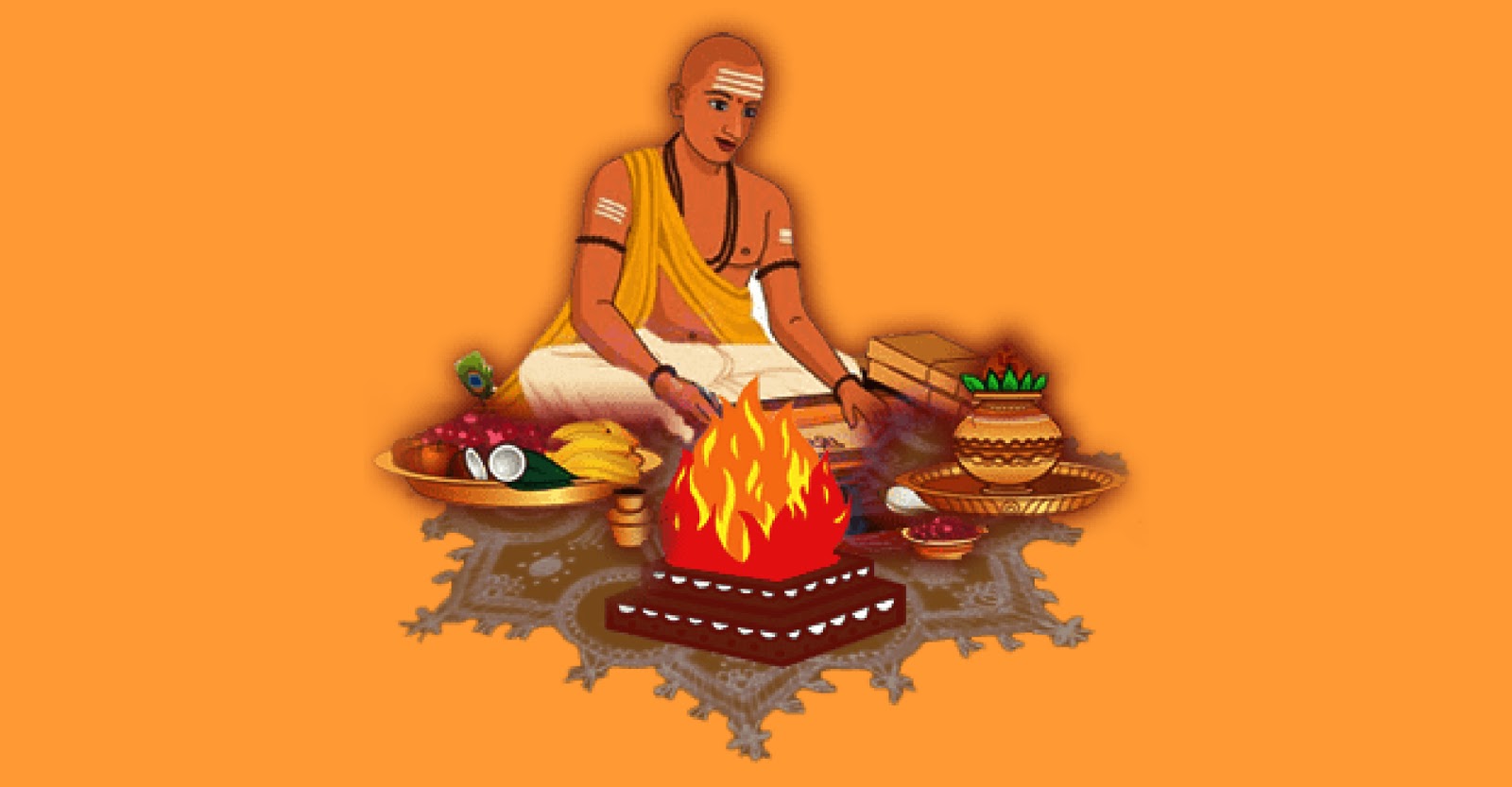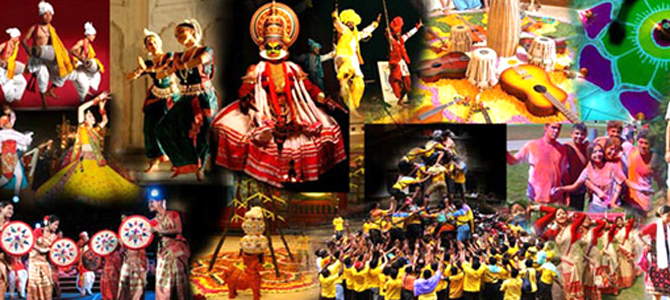People of ancient India excelled in performing Vedic ritual, invoking gods to resolve human issues. They considered Vedic ritual even more superior to God. The knowledge of Vedic ritual was all that mattered to them, since it was the source of all creation, diversity, and fulfillment of desires.
Here, with this post, we are going discuss about some of the aspects of Vedic ritual, how they were practiced and what part they played in the religious and social lives of common individuals.
The importance of sacrifices in Vedic religion
On the surface, you may notice difference between Vedic ritual and spiritual practices of Hinduism. But, after a close examination, you will figure out that both are complimentary rather than contradictory and play an important role in balancing the material and spiritual aspirations of individuals.
Ancient Indians used to practice numerous rituals and sacrifices which were called as Yajnas (Yagnas). These rituals and sacrifices were also known as homa, havana, and yaaga or yagya. Each sacrifices involved various offerings, such as, sacred fire (yagagni), utensils, one or more officiating priests (purohita), gifts (dakshina) for the priests and guests, expiation ceremony (prayaschitta) and several other concluding rituals.
These sacrifices were performed in temples, in open, palaces, or a temporary structure (yajnavatika) built for the purpose. The idea behind such sacrifices was to fulfill needs, please the gods, obtain their blessings, overcome problems, resolve issues or wash away sins.
Vedic people genuinely believed in the efficacy and divine nature of the sacrifices. They used to consider the reason behind every event and activity upon earth as divine cause or the activity of the gods. The idea of sacrifice was a way of life for them and a convenient means to ensure that they have some control over their lives and circumstances and if need arises, they could invoke the power of gods to alter them.
Vedic people believed that Vedic rituals can provide them with power to live like Gods upon earth. They used to believe that life is continues sacrifice in which they offered their lives and possessions as offerings. In order to achieve four aims of human life namely Dharma, wealth, sexual pleasure and liberation, they relied upon Vedic rituals and sacrifices to express their allegiance to gods through prayers and chants.

